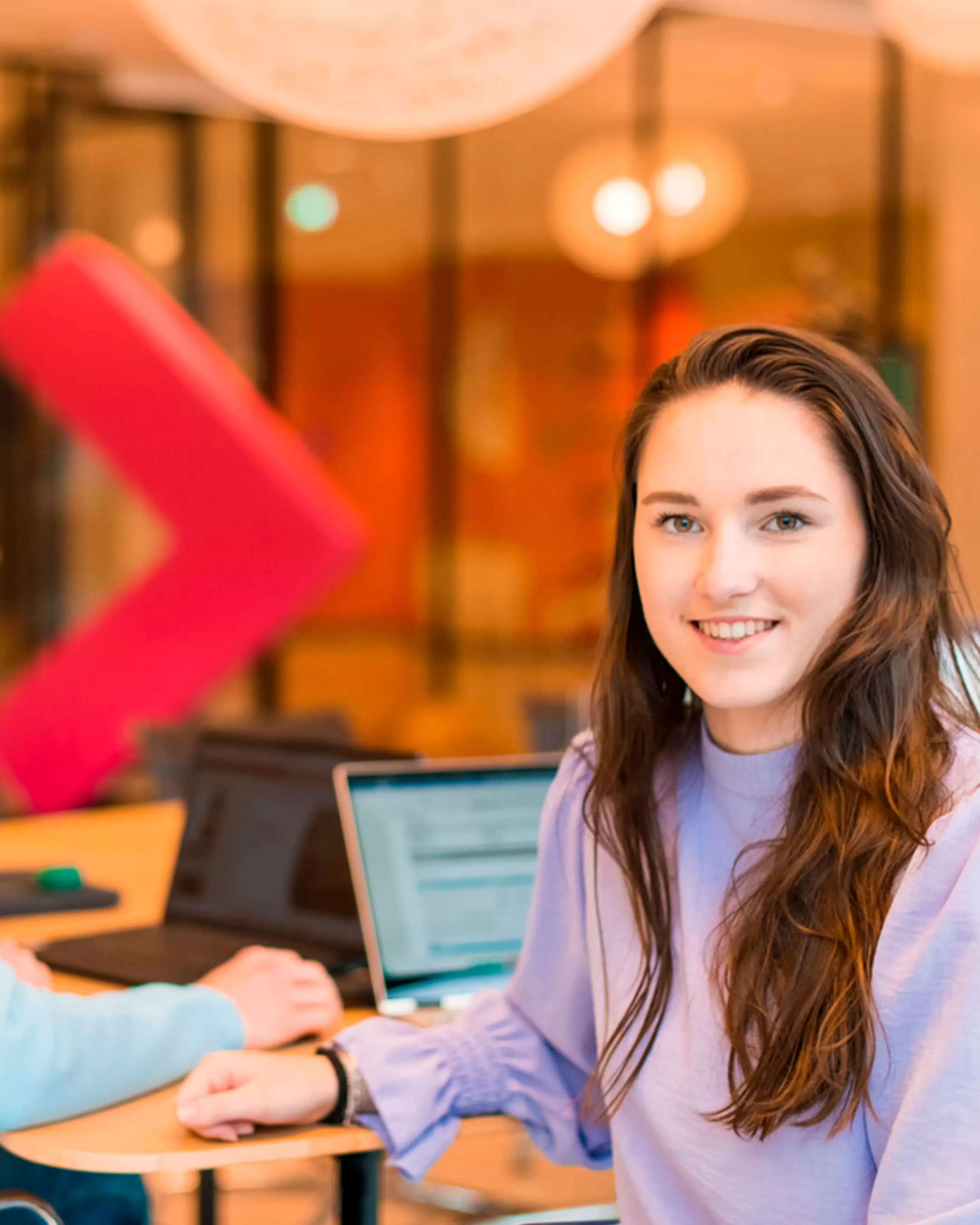
Programmes

Get a good impression of what your study programme will look like.
In the MSc Digital Technology Engineering at Fontys, you'll develop a T-shaped profile: a solid foundation in digital technologies such as AI, data analysis, and IoT, combined with specialized skills in areas of your choice. You’ll learn how to integrate tech solutions within business processes, enhancing your ability to drive digital transformation and contribute meaningfully across industries with a focus on systems engineering, practise-based research, and design thinking.
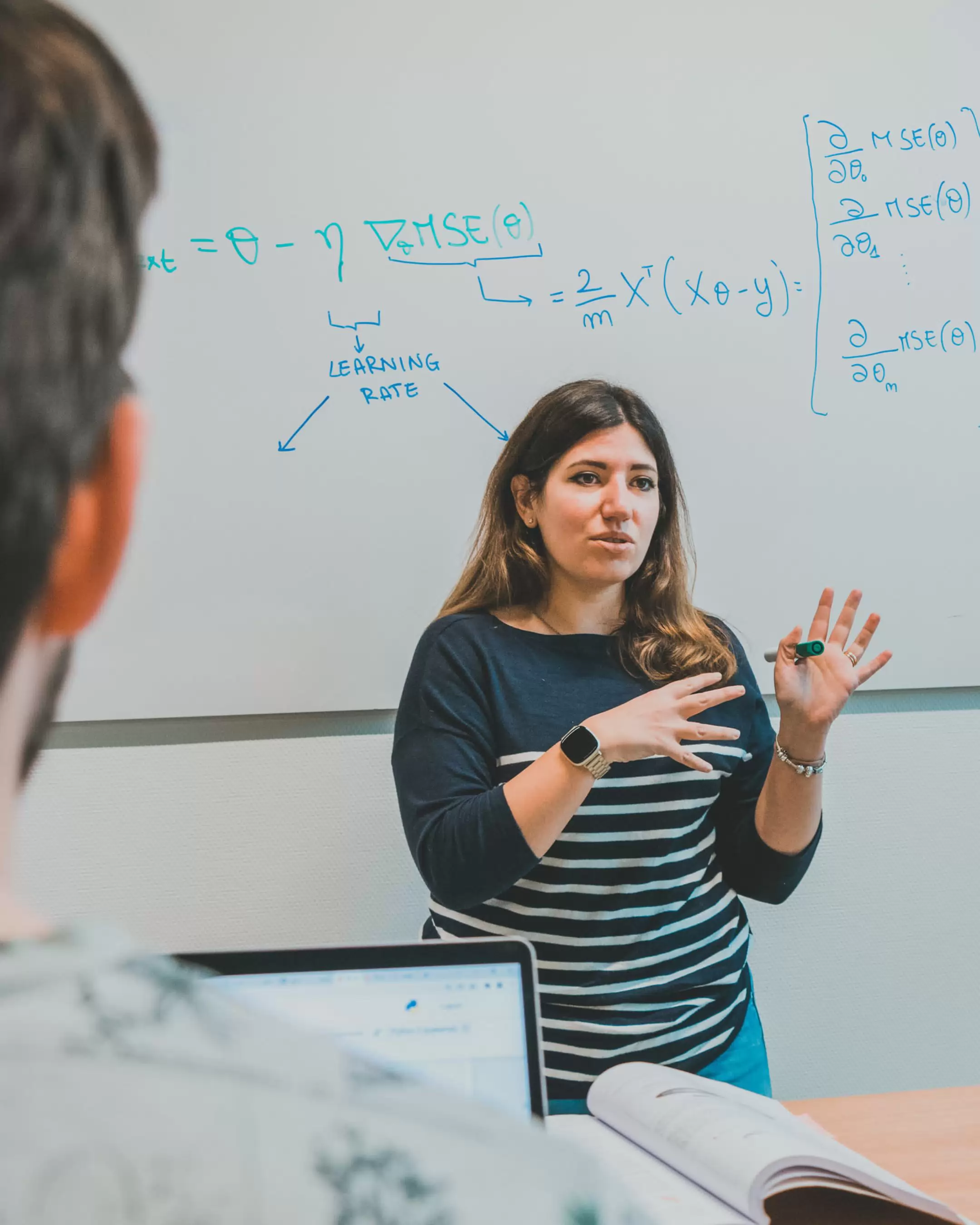
In the part-time Master Digital Technology Engineering at Fontys, you will gain the knowledge and skills to tackle digital transformation challenges in your organisation. You will build a solid foundation in data analytics, AI, machine learning, and state-of-the-art digital technologies. Through topics like systems engineering, applied research skills, and design thinking, you will learn to turn technological potential into practical, accepted solutions. A coach will support you in developing the professional skills needed to lead these complex challenges. This program balances theory with hands-on projects in your company, preparing you to drive digital transformation.

The average study load of the program is dependent upon your study pace. On average it consists of the following activities:
• 6 hours per week of lectures, workshops, expert guidance, and coaching
• Minimum 6 hours of self-study
• Minimum 8 hours of project work
• You immediately apply what you learn in your current role
• You collaborate within your own company and with professionals from other companies
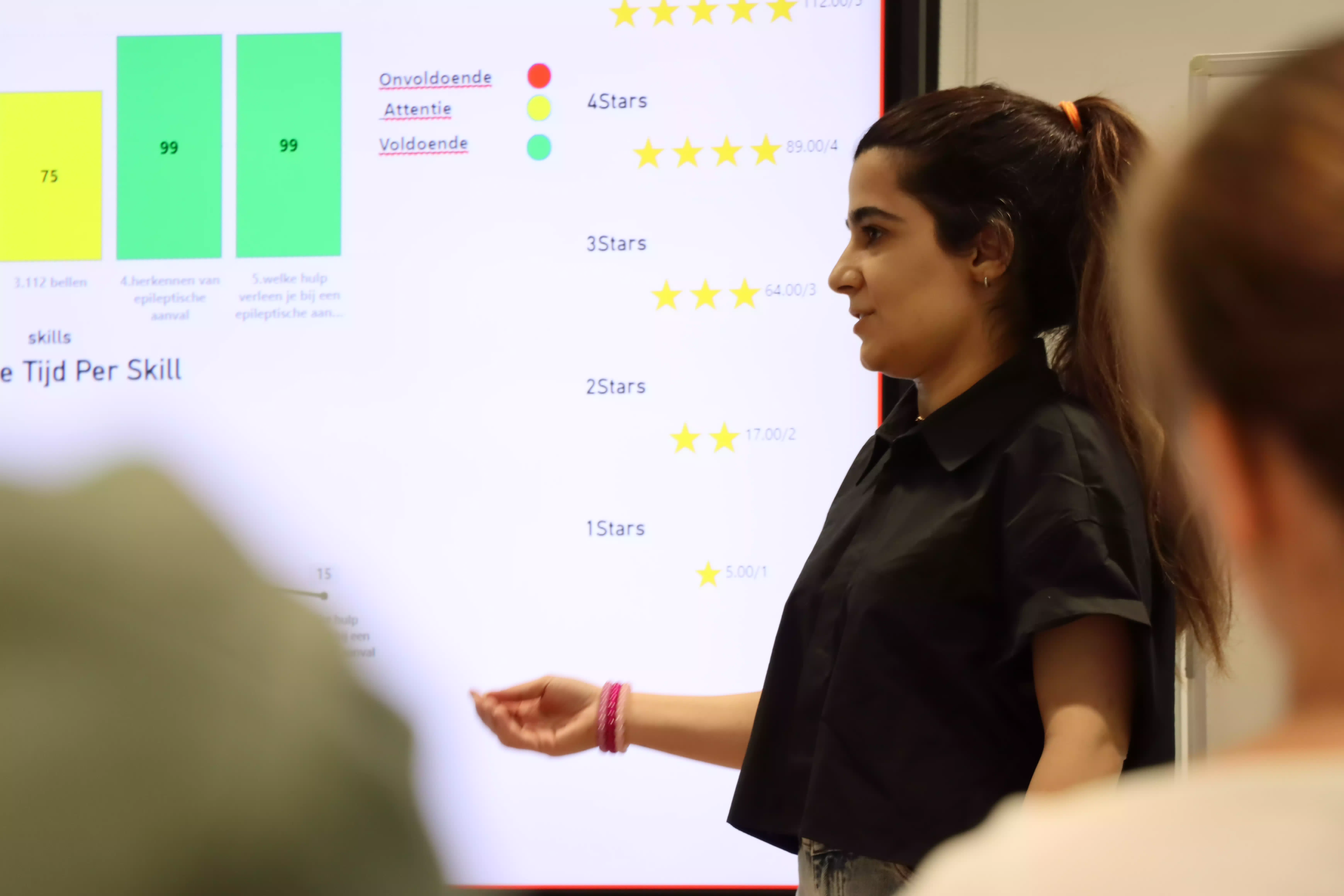
The lectures and workshops are scheduled every Thursday from 8.30 – 17.30 at Fontys in Eindhoven. On three moments during the year we offer a so-called ‘boost’ moment to kick-start your participation in the master program and boost your knowledge on key topics of the upcoming challenge by means of a three day (Thursday – Saturday) intense program.
The program is designed as such that you can complete the program in 2-3 years, dependent upon your progress and possibilities to spend time on your study.
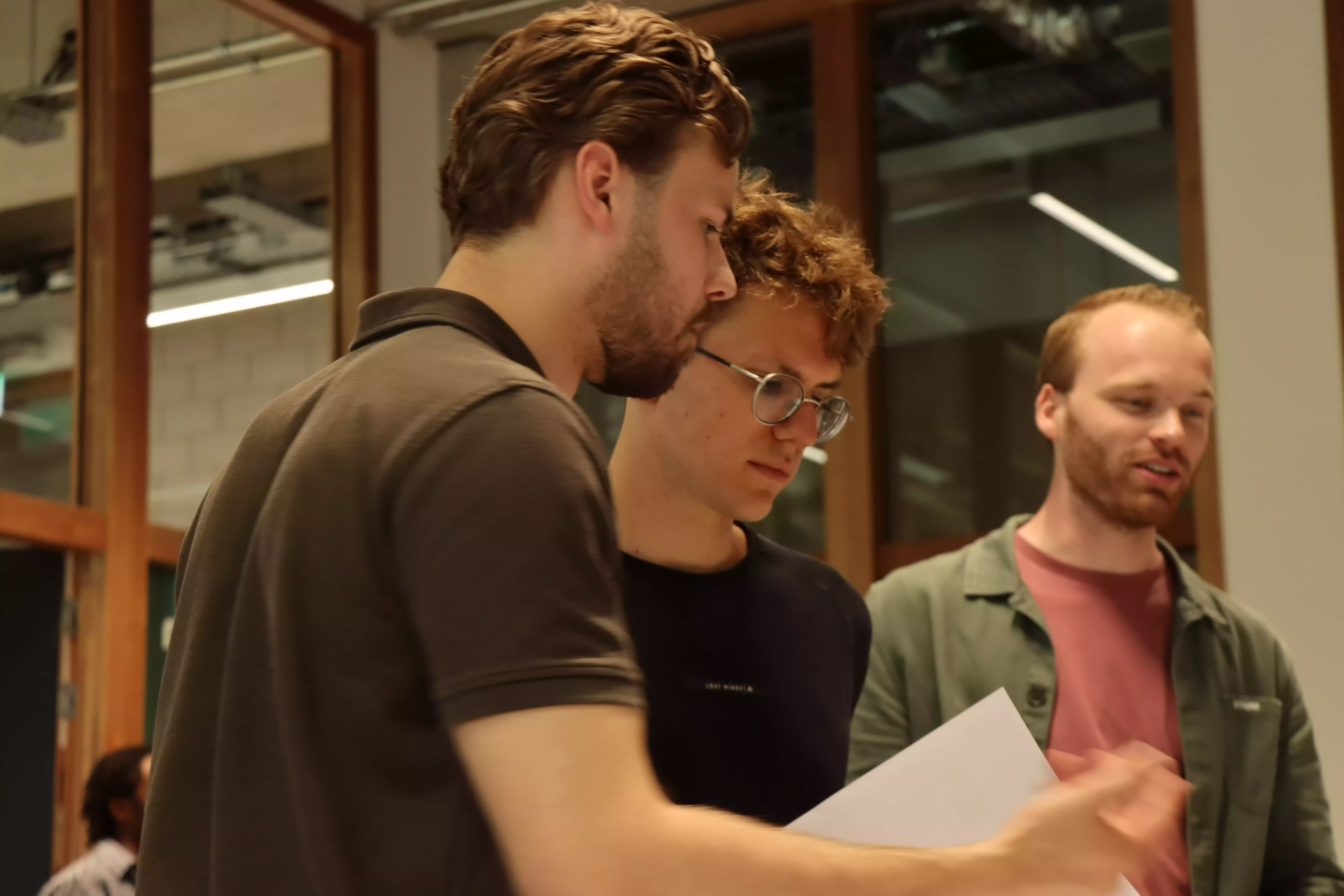
In year 1, you will work on the following challenges, of increasing complexity, for your own organisation:
• Exploring the potential of existing or new data (sources) for a key process of your organisation and the insights it can bring. This is the foundation of any digital transformation.
• Assessing the digital transformation potential of your organisation by means of designing a smart algorithm to enhance the potential of what data insights can do for your organisation. By doing so you develop your knowledge on machine learning and digital transformation readiness
• Exploring the potential of what a state-of-the-art digital technology can bring to your organisation by going through a full design cycle resulting in a proof of concept.
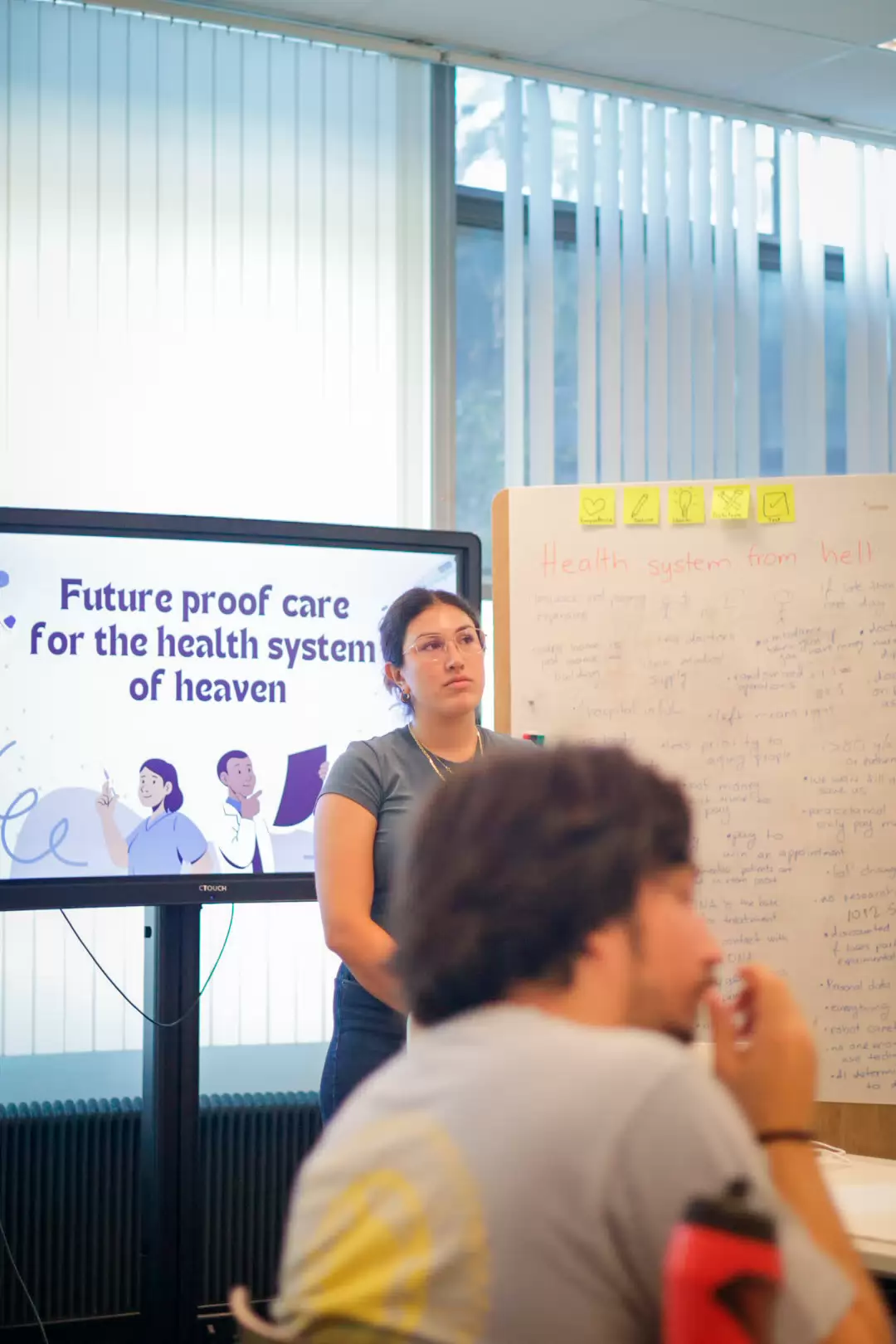
Data Pipelines and AI Models: Learn the fundamentals of data retrieval, cleaning, transformation, and visualization using exploratory data analysis (EDA) in Python. Apply concepts of classic machine learning and neural networks through case studies. Online sessions cover model understanding, while hands-on sessions focus on applied AI skills such as feasibility assessment, feature engineering, system architecture, and implementation. Emphasis is placed on evaluating trade-offs like accuracy vs. interpretability.
State-of-the-Art Digital Technology Deep Dive: Learn to systematically design and implement digital solutions by considering business needs and existing technologies. You explore academic and grey literature, benchmark technologies, and evaluate their added value. You design and implement your own solution using state-of-the-art tools and methods.
Design Thinking and Systems Engineering Skills: Learn methods and tools to combine technical, organizational, and human-centered design approaches to structure and execute your design process.
Interdisciplinary Design and Validation: Develop skills to integrate multiple disciplines in designing and validating digital solutions for complex challenges.
Sociotechnical Design and Solution Implementation: Learn to balance technical design with social and organizational fit by applying sociotechnical principles and hands-on implementation methods.
Applied Research Skills: Learn to support design decisions with solid reasoning and data through practice-based research cycles.
Professional Development: Through coaching and reflection, you develop your identity and skills as a self-directed, impact-driven digital technology professional.
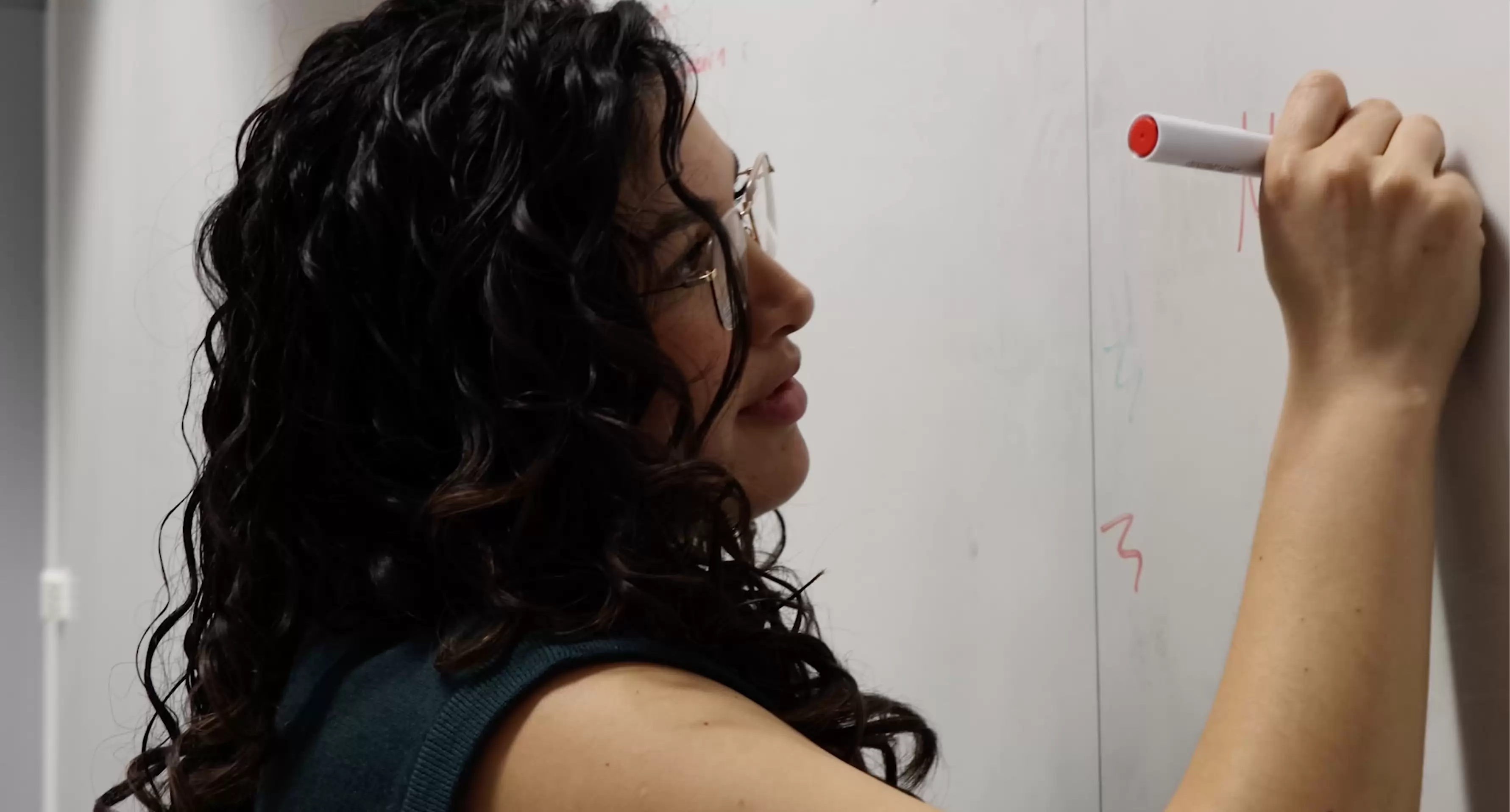
In the second year of this master program you will deepen your knowledge on a relevant digital technology and application domain and deepen your interdisciplinary skills to tackle complex digital transformation challenges in practice. You will complete your Master by a final graduation project in which you apply state-of-art digital technologies to transform a key business process, engineering or a product-service proposition on the roadmap towards growing digital maturity of your own organisation. By doing so, you will build your future career in taking the lead in digital transformation!

Wondering what's to come after applying for this programme? Go over the entire admission process.
Please note! If you wish to apply for housing through Fontys, the housing application deadline is June 15.
You can sign up for online and live events throughout the academic year.
We are happy to help.